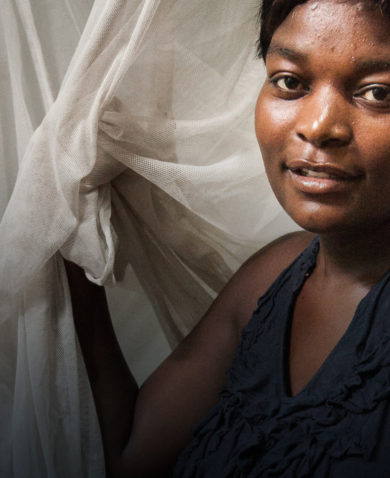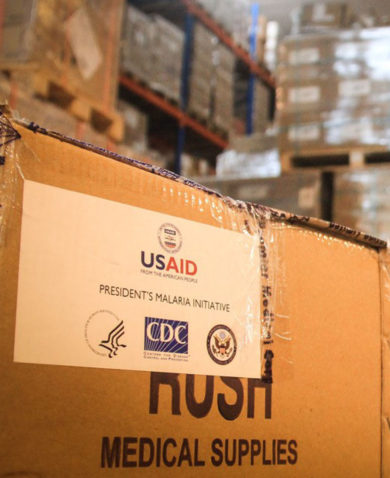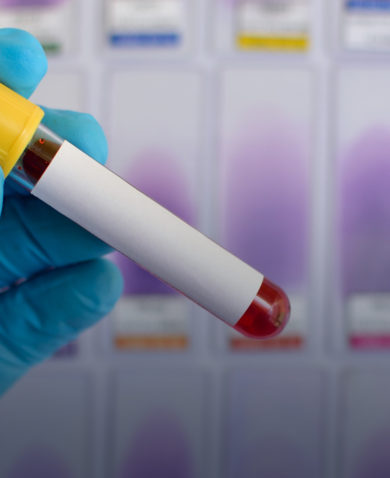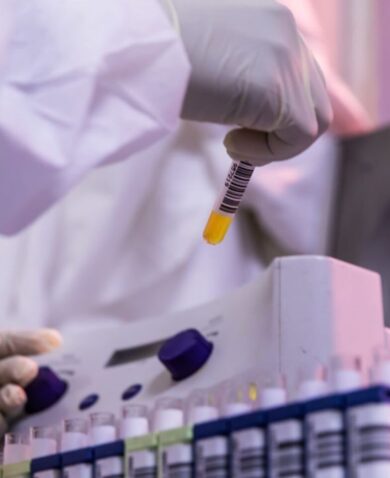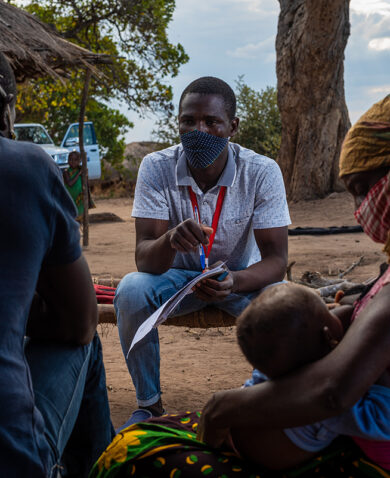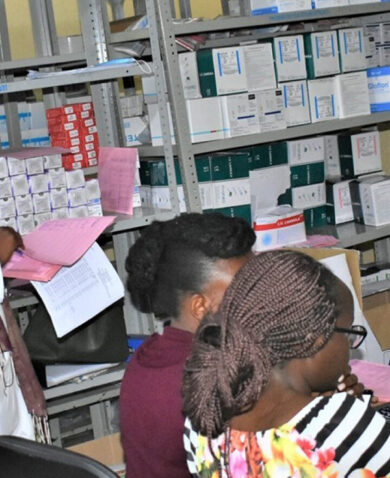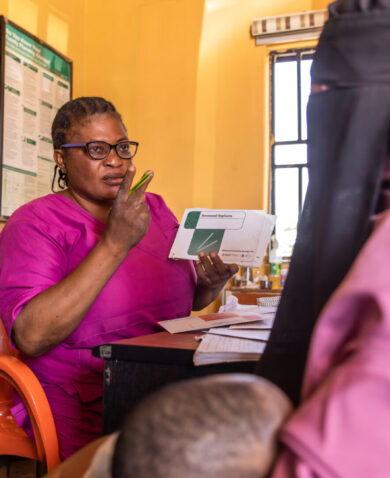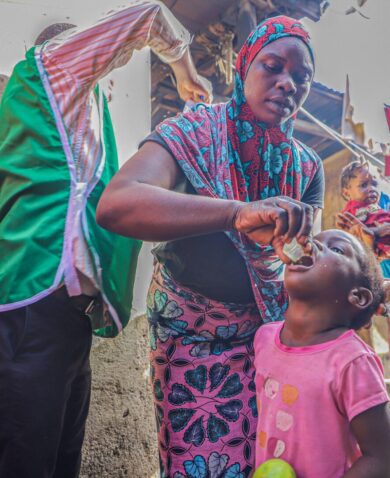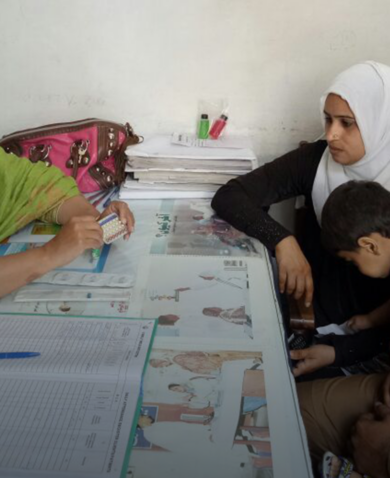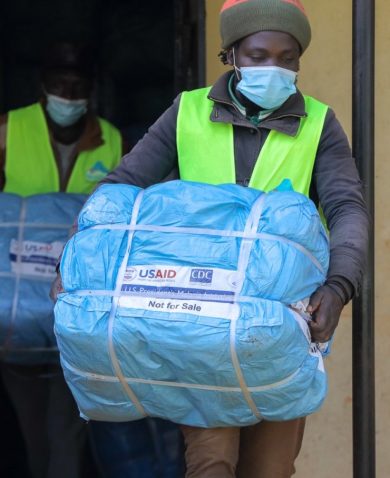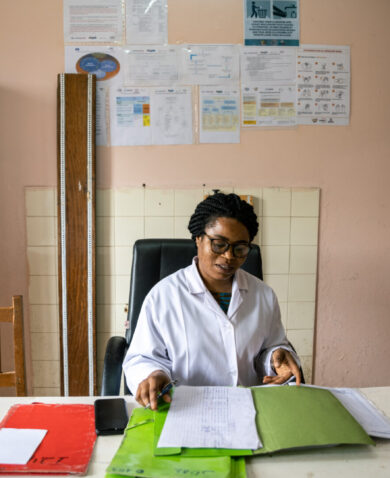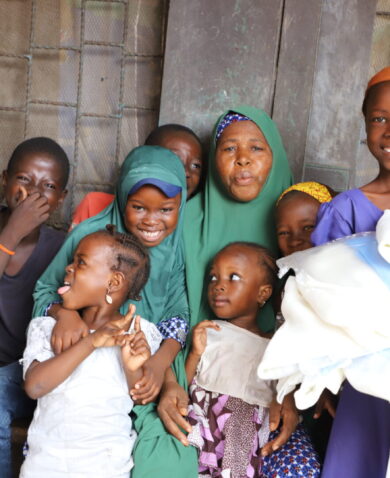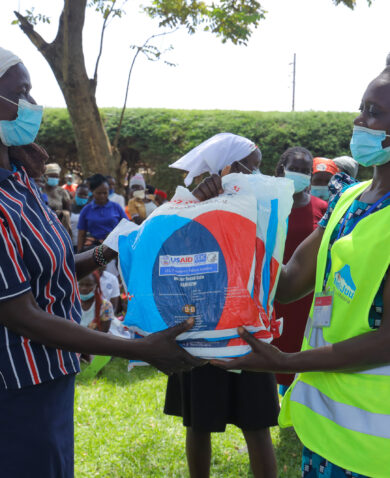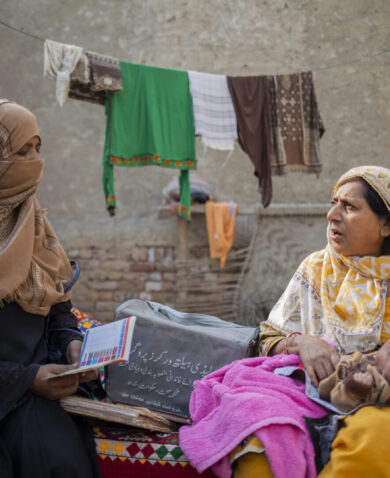The system — called Fionet™ — is a mobile-driven solution that improves the effectiveness of malaria testing, performance of workers in the field, reporting of malaria cases, and oversight of health-worker activities.
Chemonics is implementing the Fionet system, developed by the Canada-based Fio Corporation, through an innovative health care partnership with the DRC’s National Malaria Control Program and Ivanhoe Mines. The Ivanhoe-Fio Project aims to empower primary health care providers with cutting-edge technology to improve the quality of malaria diagnosis and care at the community level, as well as the collection and management of data for decision-makers at the provincial and national levels.
“Just as the most effective way to manage a patient begins with an accurate and timely diagnosis,” said Hayim Raclaw, Vice President of Sales at Fio Corporation, “the most effective way to manage the fight against malaria starts with accurate and timely data.”
The three-year program, which was launched on August 31 in the southern town of Kipushi, will introduce community health workers to Fio’s Deki™ Reader. The Deki Reader is an intelligent, mobile device that helps health workers improve the accuracy of diagnostic testing and the quality of care provided to patients, while making data immediately available to public health officials through the Fionet web portal.









